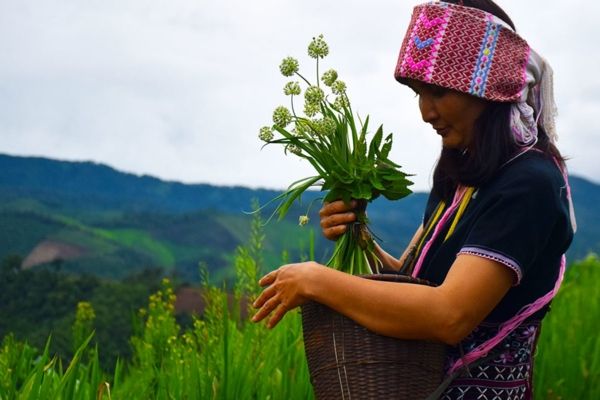More than 150 Indigenous organizations, universities, and other partners will work together to highlight the complex problems of biodiversity loss and its implications for health and well-being. The project team will take a broad approach and be inclusive of many different worldviews and methods for research (i.e., intersectionality, interdisciplinary, transdisciplinary). Activities will occur in 70 different kinds of ecosystems that are also spiritually, culturally, and economically important to Indigenous Peoples.
SFU professor John O’Neil, the former dean of the Faculty of Health Sciences, is one of the project’s six principal investigators.
“It is an honour and a profound responsibility to be part of this Indigenous-led project,” says O’Neil. “It is unique from many other large projects in its embrace of governance models like ethical space, Indigenous research methodologies, and Indigenous Knowledges.”
As one of six universities taking a leadership role in the Ărramăt project, O’Neil and co-investigator Maya Gislason, also from SFU’s Faulty of Health Sciences, will actively support work focused on health, with an emphasis on supporting projects that will decolonize and Indigenize decisions about nature in order to strengthen the health and well-being of Indigenous Peoples, their lands and waters, and all beings who rely upon them.
“Our work in health will focus on healing from the stresses and losses caused by colonial practices and on building healthier relationships to nature,” says Gislason. “By 2027, when the project completes, healing and wellbeing will have been important considerations within the development of holistic and actionable solutions intended to improve stewardship and care for people and the planet.”
Read more at: Simon Fraser University
Ms.Yanika Thamoon, the (Pgakenyau or Karen) women leader of Khun Mae Yod Community, Mae Chaem District, Chiang Mai Province, Thailand © Pgakenyaw Association for Sustainable Development Mr. Boonsri Chalakkanok (PASD)


